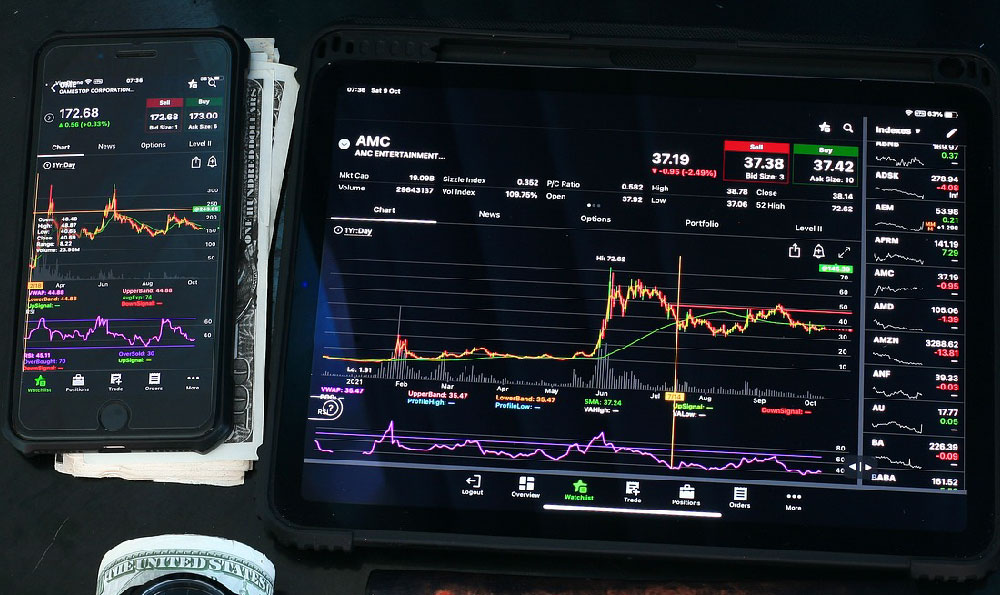Notary Salary: How Much Do They Earn in the US?
The salary of a notary public in the United States varies significantly depending on factors such as location, experience, specialization, and the legal landscape of the region. While the role of a notary is often perceived as a low-stakes, administrative position, the reality is more complex. Notaries are entrusted with verifying the authenticity of documents, ensuring legal compliance, and upholding the integrity of transactions, which places them in a unique position within the legal and financial ecosystem. Salaries typically range from $30,000 to $70,000 annually, but this figure is not uniform across the country. For instance, notaries in metropolitan areas like New York City or Los Angeles may command higher incomes due to increased demand for their services, whereas those in rural or less economically vibrant regions might earn less. Additionally, the nature of the work itself—whether it involves high-value transactions, real estate closings, or corporate filings—can influence earnings. Those specializing in areas such as estate planning or international notarization may find themselves in a more lucrative niche, while general notaries might face more competitive pricing pressures.
The financial compensation for notaries is also shaped by the operational structure of the industry. In many states, notaries are independent contractors, meaning their income is directly tied to the volume of work they perform rather than a fixed salary. This model can create variability in earnings, with some notaries achieving substantial revenues through a high caseload and others struggling to maintain consistent income. The profession's accessibility plays a role here; in states where notary licenses are easy to obtain, there may be a saturated market, leading to lower individual earnings. Conversely, in states with stringent requirements for notary certification, the profession may remain exclusive, allowing practitioners to charge premium rates for their services. Furthermore, the use of technology in notarization has introduced new dynamics. With the rise of digital notarization services, traditional in-person notarizations have become less frequent in certain sectors, potentially impacting income streams for those who rely heavily on conventional methods.
Economic conditions and the overall demand for legal services can further affect notary earnings. During periods of economic growth, the volume of transactions requiring notarization—such as property purchases, business contracts, and loan agreements—tends to increase, leading to higher revenue for notaries. Conversely, during economic downturns, these activities may decline, resulting in reduced income. The legal environment itself is a critical determinant; states with more robust legal frameworks or higher property values often see greater reliance on notary services, contributors to higher earnings. Moreover, the intersection of notarization with broader financial instruments is worth noting. For example, in real estate transactions, notaries play a pivotal role in facilitating the closing process, which can involve significant fees. In the context of cryptocurrency and digital assets, notaries may need to adapt their services to meet new legal demands, potentially opening up uncharted territories for revenue growth.

The profession's stability and potential for investment in human capital should also be considered. While the role of a notary is not glamorous, it offers a unique advantage in terms of independence and flexibility. Many notaries operate their own businesses, allowing them to reinvest profits into acquiring new clients, expanding services, or improving their skills. This entrepreneurial aspect can lead to long-term financial gains, especially for those who commit to ongoing education and certification. However, the initial investment in becoming a notary—including fees for licensing, training, and equipment—can be substantial. For instance, some states require notaries to undergo specific courses or pay for insurance, which may deter entry into the field for individuals seeking immediate returns.
The earning potential of notaries is also influenced by the broader legal and financial markets. As the legal profession becomes more specialized, notaries must similarly distinguish themselves by offering niche services such as expedited notarizations, international document verification, or compliance with particular regulations. This specialization can increase demand and allow notaries to charge higher rates. Additionally, the rise of remote work and virtual notarization has created new opportunities for notaries to expand their reach beyond local markets, potentially increasing their income by serving a larger client base. However, this also requires adaptability to new technologies and changes in client expectations, which can be a double-edged sword.
In conclusion, the salary of a notary in the United States is a multifaceted issue that spans economic, legal, and operational dimensions. While the profession offers relative stability and flexibility, its financial rewards are contingent on a variety of factors including location, specialization, and market dynamics. For those considering a career in notarization, it is essential to evaluate not just the potential income but also the investment required, the evolving legal landscape, and the opportunities for personal and professional growth. The profession may not be the most high-profile in the legal sector, but it presents a unique avenue for individuals seeking to contribute to the legal and financial systems while managing their own income streams. Ultimately, the key to maximizing earnings in this field lies in understanding these complexities and strategically positioning oneself within the market.















